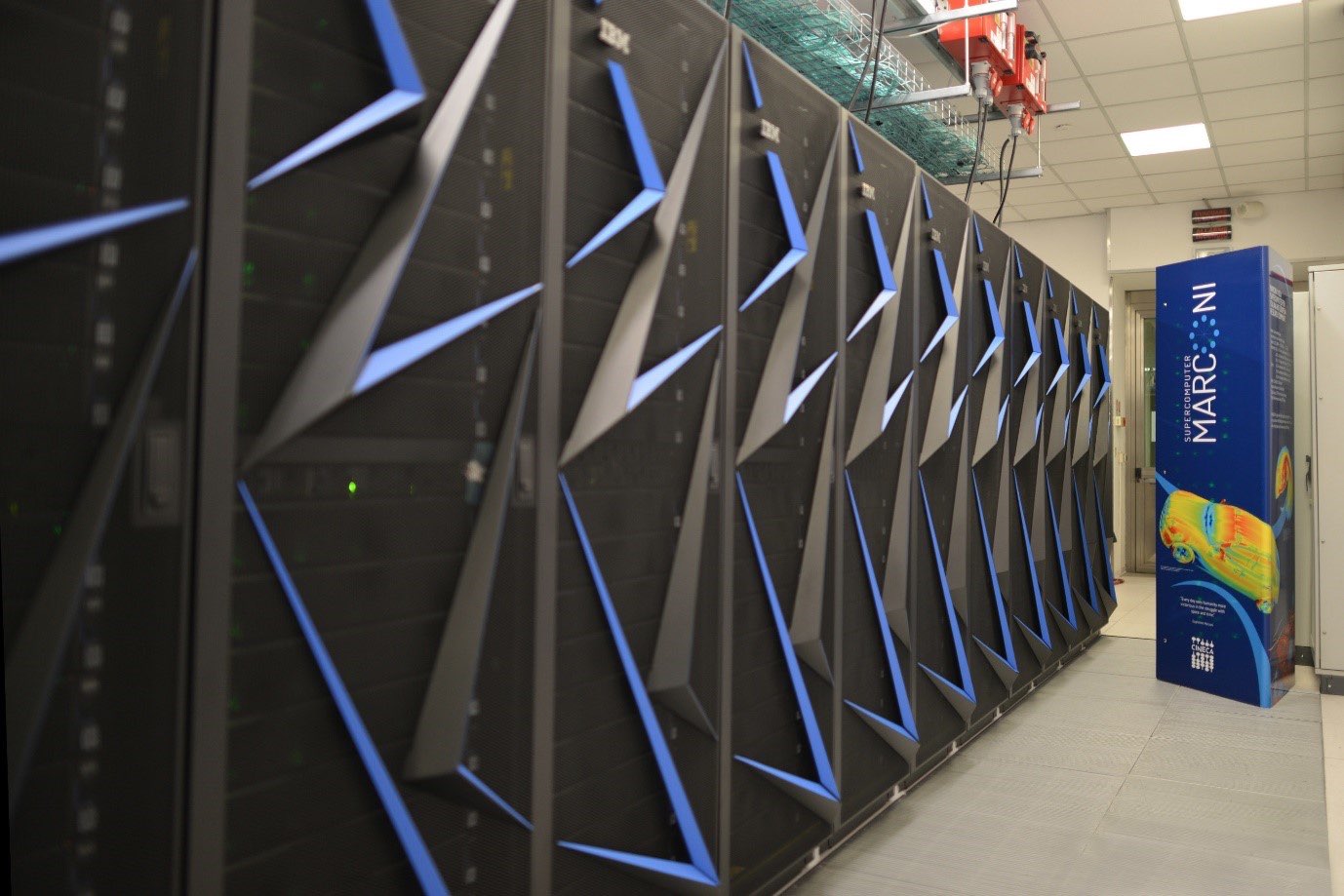One of the world's most powerful supercomputers is being used by chemists at the University of Nottingham to accelerate research into the discovery of new medicines.
The School of Chemistry has been granted access to Marconi100, the eleventh most powerful machine in the world according to the most recent Top500 ranking. The Marconi100 supercomputer is at CINECA in Italy.

Marconi100, based in Italy, was built by IBM using its POWER9 technology and NVIDIA V100 Tensor Core GPUs, and according to measurements conducted by CINECA, Italy's national high-performance computing consortium, offers nearly 32 theoretical peak petaFLOPS of computing power, or up to 32 quadrillion calculations per second. The researchers have been awarded 30 million core hours over 12 months on Marconi100 by the Partnership for Advanced Computing in Europe (PRACE).
Following competitive and robust assessment researchers have been granted access to Marconi100 and will exploit the throughput of top-end high performance computing coupled with effective "active learning" strategies. They will use these to explore chemical space to shorten the time required to find potent compounds that are straightforward to make in a chemical laboratory and which have a profile of physicochemical properties appropriate for a drug.
Professor Jonathan Hirst, a Royal Academy of Engineering Chair of Emerging Technologies in the University's School of Chemistry is leading the project — working in a collaborative EPSRC-funded Prosperity Partnership with colleagues at the Universities of Nottingham and Strathclyde.

Our project will harness the power of both machine learning and of physics-based molecular simulation to accelerate the discovery of compounds with predicted therapeutic values as leads in drug discovery efforts.
The experience Professor Hirst's team has accrued using the University of Nottingham's High Performance Computer and the regional tier-2 facilities, such as HPC Midlands+ and JADE, has been invaluable in providing the platform needed to develop this ambitious project. The University's High Performance Computing Facility offers academics from across the institution the opportunity to use a cluster of powerful computers that can work together to drastically reduce the time required to perform large scale calculations. It has the potential to take a calculation that would last a year on a single PC, and provide the answer in a few hours. Alternatively, it can do many hundreds of smaller calculations simultaneously, depending on user requirements.

The University of Nottingham has had a strong commitment to High Performance Computing for many years, keeping its researchers at the forefront of the computational aspects of their disciplines. Nottingham's own facility not only provides key research infrastructure, but also serves as a springboard for access to national and European supercomputers.
Proposals for time on European supercomputers are subject to competitive and robust assessment — in the most recent round, technical experts from PRACE evaluated over 60 submitted proposals, followed by a review of scientific excellence by three independent reviewers.






